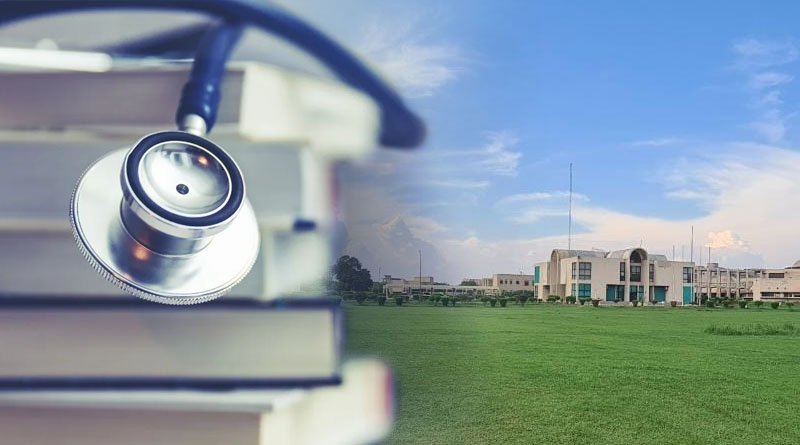Dr. Palitha Mahipala visited Kohistan of KP and gave the health department roughly 30 million rupees’ worth of medical supplies, furniture, and other necessities.

In response to Dr. Abid Jamil, the health advisor for Khyber Pakhtunkhwa (KP), the World Health Organization (WHO) donated medical equipment to the KP health department worth millions of rupees.
The supplies included basic medical supplies, furniture for health centres in the flood-affected areas of Upper and Lower Kohistan, as well as necessary items for the labour room. Dr. Abid Jamil, who advises the acting chief minister on health matters, thanked the WHO and its representative for their cooperation.
Dr. Palitha Mahipala, WHO’s representative for Pakistan, visited Kohistan of KP and gave the health department roughly 30 million rupees’ worth of medical supplies, furniture, and other necessities.
Additionally, he went to the district and KP sub-offices and gave the pertinent district health officers the necessary medications and other supplies. The supplies included necessary medications, medical gear, labour room necessities, and furniture.
In a statement, Dr. Aabid Jamil said that he had asked the WHO a month earlier for the provision of essential equipment for hospitals in Upper and Lower Kohistan. Dr. Aabid thanked Dr. Palitha Mahipala for her prompt response and equipment delivery within a month.
The WHO Representative in Pakistan, Dr. Palitha Gunarathna Mahipala, was appointed in April 2019. Dr. Mahipala is a doctor of medicine by training.
The United Nations has a dedicated agency for international public health called the World Health Organization (WHO). It has 150 field offices worldwide, six regional offices, and its main office in Geneva, Switzerland. The WHO was founded on April 7th, 1948.
On July 24 of that year, the World Health Assembly (WHA), the organization’s governing body, held its initial meeting.
The WHO absorbed the resources, personnel, and responsibilities of the Office International d’Hygiène Publique and the League of Nations’ Health Organization, including the International Classification of Diseases (ICD). After receiving a sizable infusion of financial and technical resources, it started working seriously in 1951.